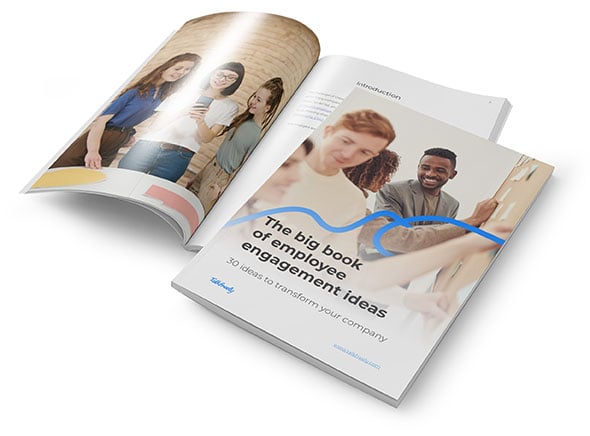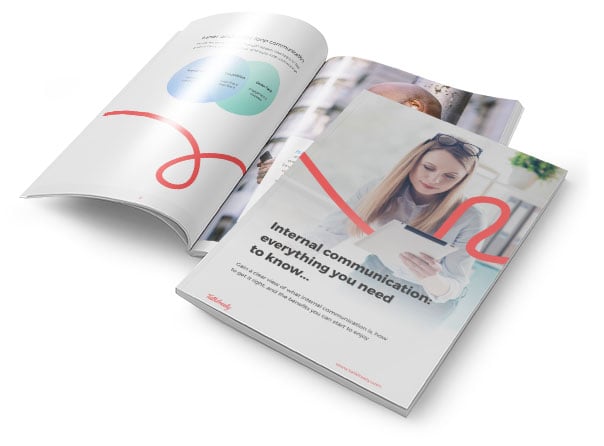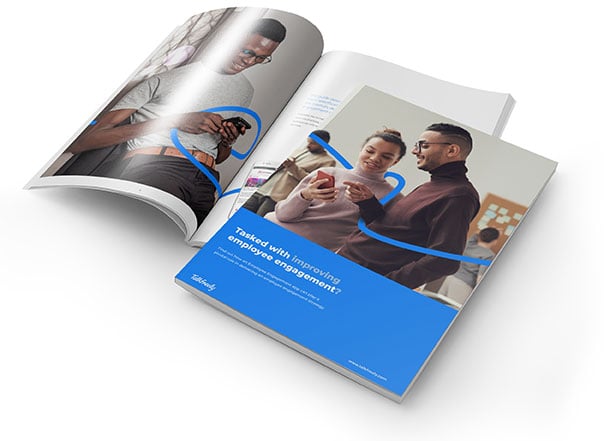As business owners, it's easy to catagorise innovation in our own terms of products services, improvements, cost-saving. For organisations and foundations seeking to impact on major social issues, however, it's more about finding innovative solutions to fund, as part of an overall strategy.
In a series of linked articles and blogs, the Stamford Social Innovation Review (SSIR) has been following the funders of social innovation in their reassessment of how to both promote and fund innovation. As Val Jones, a former special advisor to President Obama, suggested: "What’s needed is for funders to stop giving grants and instead to fund experiments."
Experimentation in this context means risk-taking, trying out ideas to see if they work, as SSIR blogger Meg Busse expains:
"Experimentation may seem unpredictable or risky given the serious issues that social organizations are tackling, but the world is changing faster than we can create impact using known methods. By experimenting to source new ideas, organizations can take advantage of multiple opportunities for learning, including crowdsourcing information, testing a process or tool, and empowering the community to contribute to the solution."
Her blog at SSIR explores various 'experiments' undertaken by philanthropic organisations, which were set up simply to engage people in creating new ideas. One such experiment was The Squawkathon, a special event for designing better ways to track marine bird by-catch organised by the Packard Foundation. It enabled the Foundation to bring together a diverse group of minds:
"Blurring the lines between experts and laymen, teachers and students, enabled attendees to explore ideas and recombine solutions from a broad range of experiences and industries."
One of the core principles behind the movement and exemplified by The Squakkathon is a willingness to share information. Busse cites the examples of pharmaceutical giant Lilly collaborated with two major competing companies, Novartis and Pfizer, to boost the quality of information on target health profiles at a government website open to researchers conducting experiments in the field of health. (Interestingly, at the time of writing, Pziser has just had its latest takeover bid UK-based company Astra Zeneca rejected, as part of a move to ratify the industry and avoid duplication of research and effort in worldwide drug development.)
However, for foundations and charities, taking risks with funds is inherently against their instincts. Bosse suggest this attitude must change: "Experimentation can seem like a gamble, but given the urgency of issues and pace of change in today’s world, it actually presents the surest route to innovation."
This attitude is echoed by the president of the Rockefeller Foundation, Dr Judith Rodin: "I believe philanthropy has found its identity once again — as a convener, a risk-taker, a piloter of good ideas, and a partner in bringing those ideas to scale.”
The Packard Foundation embraced the idea of sharing data and has produced an 'experimental toolkit' for anyone involved in innovation that has "An appetite for measured risk and learning, desire for speed, and a willingness to collaborate."
So, if you're looking for new ideas for getting ideas, why not download it from Context Partners? We've done just that, and we'll discuss what we think of it in our next blog in 14 days' time. We look forward to hearing what you think too!
Topics:
Innovation Management








